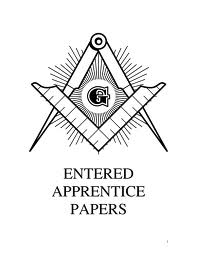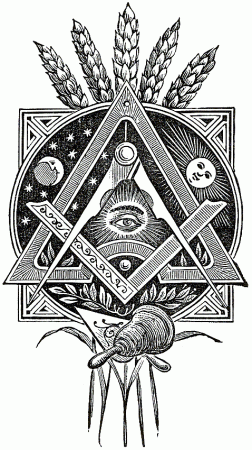In any Organization and especially in Freemasonry, leaders are required to keep working Lodges on track and to assist us in every way to insure the continuation of fundamental principles and tenets of the Order. I lovingly refer to theses leaders as the “Grand Dudes“.
The structure is herein simplified to consist of the governing Offices in Manitoba, Canada:

Most Worshipful Grand Master Alan Hadley
The Grand Master rules and oversees the operation of the entire Province.
All Lodges in the Province of Manitoba belong to “Districts” which are governed by “District Deputy Grand Masters”. These DDGM’s report directly to the Grand Master.
Three Lodges in the northern portion of the province are in the “Grand Master’s Jurisdiction”. The Grand Master himself, is the head of these Lodges as they do not have a DDGM.
 Organization of Freemasonry
Organization of Freemasonry
Freemasonry is the oldest fraternal organization for men in the world, and its organizational structure shows its age. The basic organizational unit of the fraternity is the lodge. We believe the term comes from the lodges (shelters) constructed at the building sites of cathedrals and castles during the Middle Ages. Masons worked and lived in these shelters.
Each lodge is headed by an officer called the “Worshipful Master.” “Worshipful” means “highly respected” or “honored.” The term comes from the judicial system of England and carries no religious implication. “Master” means “leader,” or “best qualified,” as in “Concert Master” or “Master Architect.”
Each officer of a lodge has a title that originated during the Middle Ages. These titles may vary somewhat from state to state, but in general the officers and their contemporary equivalents are:
| Middle Ages Title | Current Title | Middle Ages Title | Current Title |
| Worshipful Master | President | Marshal | Master of Ceremonies |
| Senior Warden | 1st Vice President | Deacon | Messenger |
| Junior Warden | 2nd Vice President | Steward | Page |
| Treasurer | Financial officer | Tiler | Door Keeper |
| Secretary | Recorder | Chaplain | Chaplain |
Until 1717, each lodge of Masons was autonomous. On June 24, 1717, four of the lodges operating in London met together to form the first Grand Lodge of England. It became the first administrative or policy-making body of Freemasonry.
Masonic lodges still retain autonomy over their finances, activities, officer election, fund raising, and joining ceremonies. But administratively, each State or Province has a Grand Lodge which co-ordinates activities, serves as a central source of record keeping, and performs other administrative and policy functions for the fraternity. The state president is called the Grand Master of the Grand Lodge. He has broad powers in overseeing the progress of the fraternity and while there is no national spokesperson for the fraternity, within his own state (Jurisdiction) he is the chief spokesman.






You must log in to post a comment.